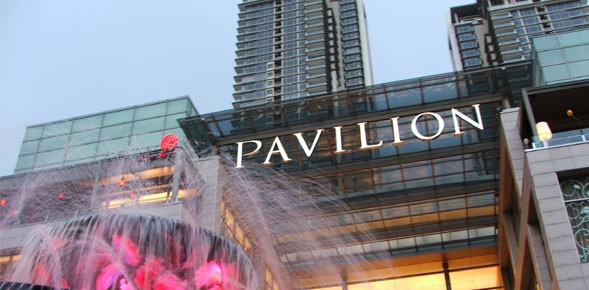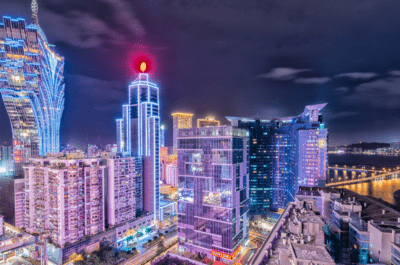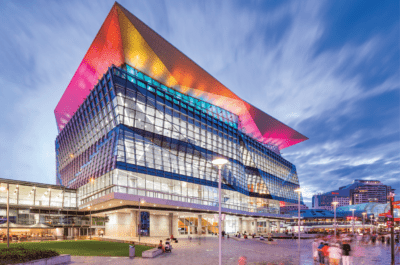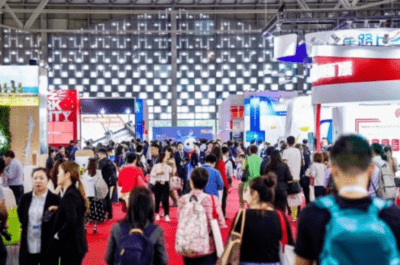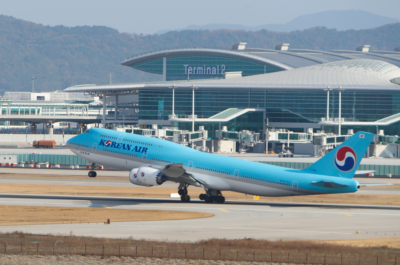National tourism authorities might rethink their marketing strategy at attracting Asian travellers to a shopping spree abroad as large economies such as China and India start to experience a consumption’s slowdown.
BANGKOK- Shopping fever seems unabated in Bangkok with new malls mushrooming all over the metropolis. After Terminal 21, Mega Bangna Mall, The Gateway, Asiatique the Riverfront, new shopping centres are due to be built around Siam Square, at the former British Embassy (Central Embassy) and in the area where Suan Lum Night Bazaar used to be across Lumpini Park.
But it might be the last string of mall projects for a while as suddenly Asia seems to feel the first signs of a consumption gloom. Alarm bells start indeed to tinkle. In its online edition on August 19, the Wall Street Journal explained that the “Asian consumers have kept their countries’ economies humming while exports to Europe and the U.S., long key sources of growth, have been a drag. Now there are signs consumer spending also is ticking down, which is bad news for one of the global economy’s few bright spots. Koreans are buying fewer cars. Chinese consumers are cutting back on new clothes. The shift in sentiment is subtle, and there isn’t yet evidence that spending has plunged as it did in Spain and Greece. But in many economies, spending growth has ebbed from high levels. Should Europe and the U.S. continue to slide and Asia’s trade picture get worse, Asian consumers will eventually be forced to cut back in more meaningful ways,” predicted the newspaper. China is bracing with a sharp slowdown in consumption with local media reporting about a huge buildup of unsold goods that is cluttering shop floors, clogging car dealerships and filling factory warehouses. Reports expect the sharpest decline in consumption in the last thirty years.
Perspectives are not better in India. According to an IPSOS study released a few days ago and conducted with 400 respondents, four of five Indian consumers plan to spend less due to rising inflation and uncertain economic times. More specifically, 47% intended to cut back on big-ticket items, while 32% anticipated doing the same for eating out, a total reaching 31% when it came to branded apparel. Tourism might also be affected as 43% of the panel declared to postpone their holidays. So far, the effect is limited. Talking to the magazine Economic Times, Tour Operator Cox & Kings indicated to have registered “robust” bookings for the next few months. “We don’t see any kind of slowdown as yet,” said Karan Anand, its head of relationships and supplier management.
In Indonesia, President Susilo Bambang Yudhoyono instructed his cabinet ministers to focus on six priority areas in anticipation of a possible escalation of global economic crisis. The president ordered the ministers to give more attention to boosting economic growth, creating a substantial number of jobs, stabilizing food-crop prices, enhancing food resilience strategies, eradicating poverty and boosting energy security. And in Thailand, Prime Minister Yingluck Shinawatra has launched a series of measure to boost consumption.
However, Asia is coming down to earth after experiencing incredible high growth rates. The positive aspect is that tourism authorities will have to become more creative to lure travellers. Instead of showing pictures of glitzy malls with the same ubiquitous global brands, they will have to highlight more their authenticity to the consumer. Not such a bad evolution in the name of diversity.
Luc Citrinot a French national is a freelance journalist and consultant in tourism and air transport with over 20 years experience. Based in Paris and Bangkok, he works for various travel and air transport trade publications in Europe and Asia.













